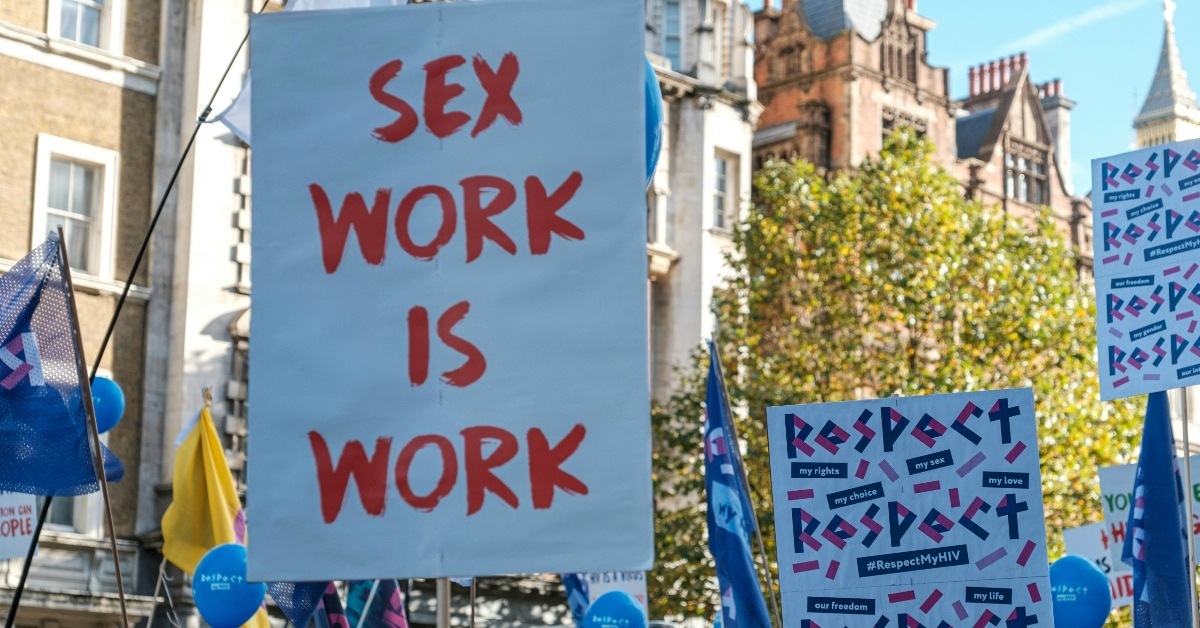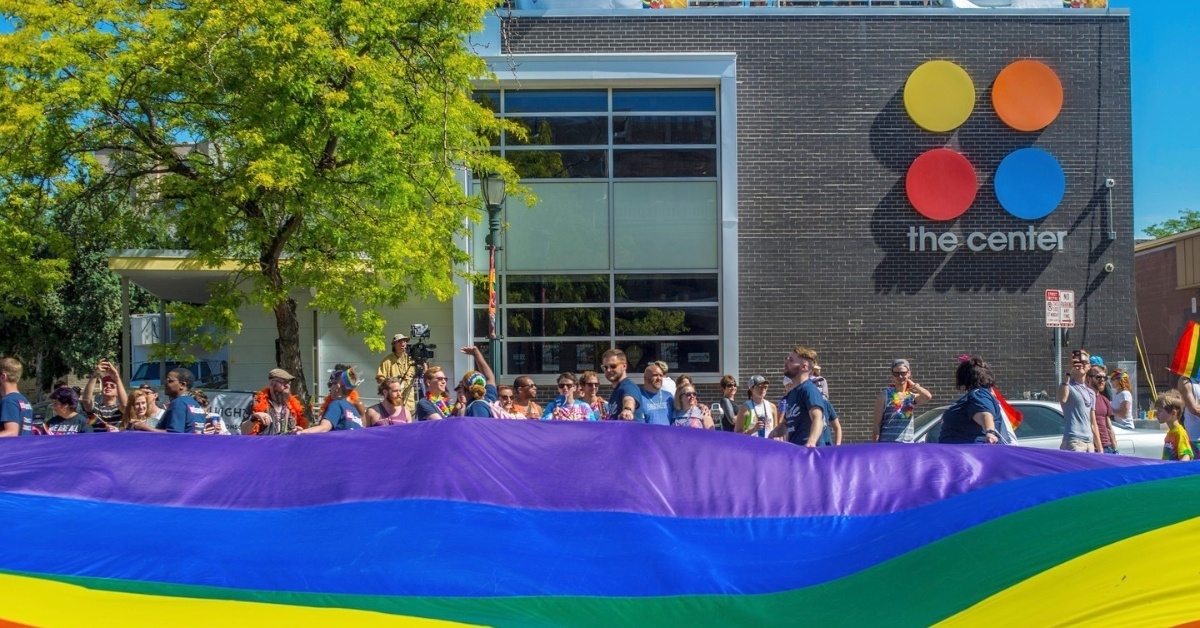BY: DM
Published 8 months ago

In case you’ve been out of the loop, Feb. 28 signifies an important LGBTQIA+-focused day, HIV Is Not a Crime Awareness Day. This day is all about shedding light on outdated HIV criminalization laws that unfairly target people living with HIV. Still on the books in over 29 states and two U.S. territories, these laws can lead to criminal charges for behaviors that pose little to no risk of transmitting the virus. Let’s break down the history of HIV Is Not a Crime Awareness Day and its goal.
What is HIV Is Not A Crime Awareness Day?

The Elizabeth Taylor AIDS Foundation (ETAF) and The Sero Project teamed up to launch HIV Is Not A Crime Awareness Day observance in 2022. Their goal was to educate the public and push for the modernization — or better yet, the repeal — of outdated HIV criminalization laws. They argue that these statutes don’t reflect current scientific understanding of HIV and its transmission. Instead, they perpetuate stigma and discrimination, making life even harder for those living with the virus.
These statutes, many of which were enacted during the early years of the HIV/AIDS epidemic, are now dangerous. Consequently, they contribute to mass amounts of misinformation. This fear undermines public health efforts to identify and treat HIV early. Plus, the stigma fueled by these laws can lead to isolation and mental health struggles for those affected.
The chosen date, Feb. 28, also holds significance. It serves as a bridge between National Black History Month and National Women’s History Month, highlighting the disproportionate impact of HIV and its criminalization on Black communities and women. Additionally, this date honors the legacy of ETAF’s founder, Elizabeth Taylor, who was born on Feb. 27.
How to get involved?

Since the inception of HIV Is Not A Crime Awareness Day, there has been notable progress in reforming HIV criminalization laws. States such as Nevada, Illinois, New Jersey, and Virginia have enacted significant changes, ranging from modernizing statutes to complete repeal, according to AIDSVu.
Advocacy organizations also emphasize the importance of community involvement in driving change. Public education campaigns, legislative advocacy, and grassroots mobilization are essential components in the movement to end HIV criminalization. Individuals are encouraged to engage with their local lawmakers and support reform initiatives. You can also participate in awareness-raising activities to help create a more informed and compassionate community.
Getting involved at the ground level is easier. Start by educating yourself and others about these laws and their impact. Share information on social media to raise awareness. You can also sign petitions to support changing these outdated statutes.
Ultimately, it is essential to remember that HIV is a medical condition, not a crime. HIV Is Not a Crime Awareness Day serves as a call to action for supporters, communities, and policymakers to reflect on the injustices perpetuated by HIV criminalization laws. Organizations and advocacy groups across America are fighting to create a society where HIV is treated as a public health issue rather than a criminal one.
How do you plan to celebrate HIV Is Not a Crime Awareness Day? Comment below!










